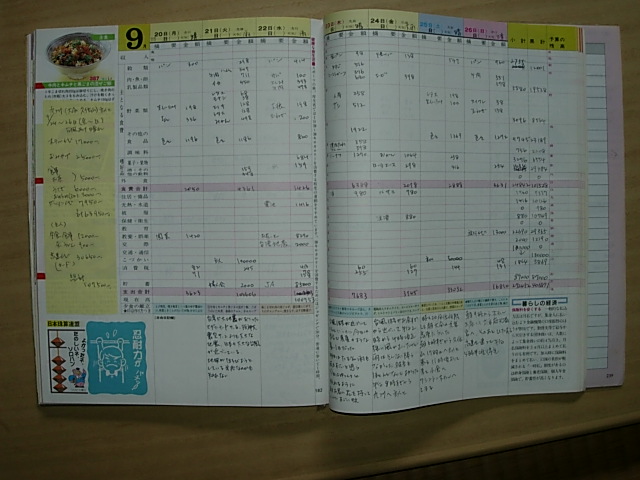
If Women Counted
In this issue we take the topic of how the world is accounted and how this tends to have a strongly male or masculine bias.
In Sign of Our Time, Jackie Vanderburg sets the stage with a survey of female entrepreneurs, detailing the contribution they make to economic life in terms of profitability and wise decision making. A contribution that, she argues, could be greatly increased.
In Making Work Visible, Greg Ogle makes the case for including women’s ‘non-market’ activities in what is counted, as without this the image we have of economic life is skewed, such that ‘he’ is praised for bringing home the money, while the fact that ‘she’ kept the house in order, took the children to school, cooked the food, shopped goes unrecorded and unrewarded.
Naoko Komori describes the accounting culture of Japan, which lacks the huge male bias and gender imbalance of the Anglo-Saxon world, and considers the value to be found in the analysis of the accounting practices of Japanese women when dealing with the household’s finances. To this end the use of kakeibo, a household finance ledger, is widespread, coming in multiple forms, one example of which is included above.
The Waring Influence focuses on the impact that Marylin Waring has had on the way national accounting is conceived and conducted. However, in this piece, Terje Langeland documents how Ms Waring is far from convinced that her message has penetrated into all the corners that it should have reached.
This month’s AEX Page features details on several associative economic projects worldwide. The page concludes with a contribution via the exchange, looking at the benefit of double-entry bookkeeping for all in society and highlighting the need for financial reporters with a background training in accounting.
Finally, Victor’s View ponders what should be counted in economic, rather than gender terms, and looks at the right/left brain divide and the assistance, or otherwise, of long spoons to help bridge this gap.
Because it is our aim to show how the world at large is thinking in this field, much of the content shared is framed in terms of the need for a feminist, or at least feminine, bias to balance out the perceived emphasis on testosterone-fuelled attitudes and habits of thought. From an associative point of view, however, this does not always sit well, especially not the frequent assertion that accounting is an instrument of male domination. It might be used to that end, but one needs to question whether it has an inherent bias to either gender.
Is it not, rather, an instrument of the individual – a category above gender? At this level, one can also wonder whether cause/effect should not take the place of male/female. Or logic and intuition. Though they may become gender-typical, these are not gender-specific qualities. In that landscape, too, the aim is not to displace one gender by another but to ask what would each individual do in furtherance of his or her individuality, not in furtherance of gender.
